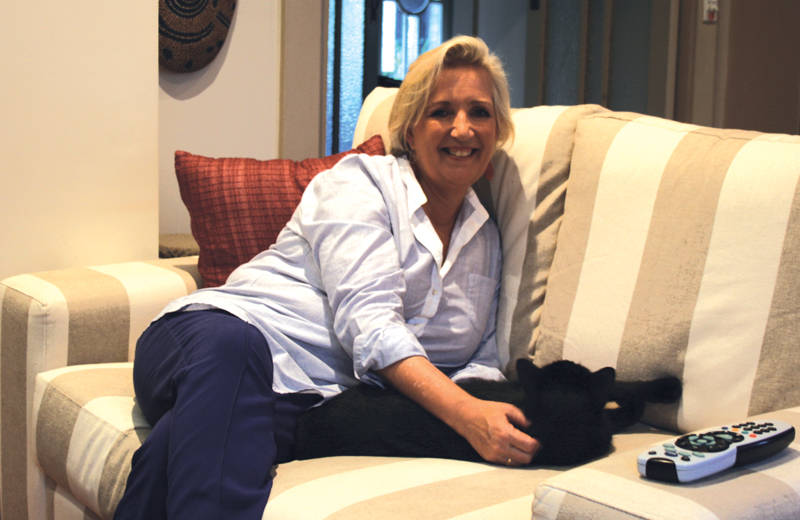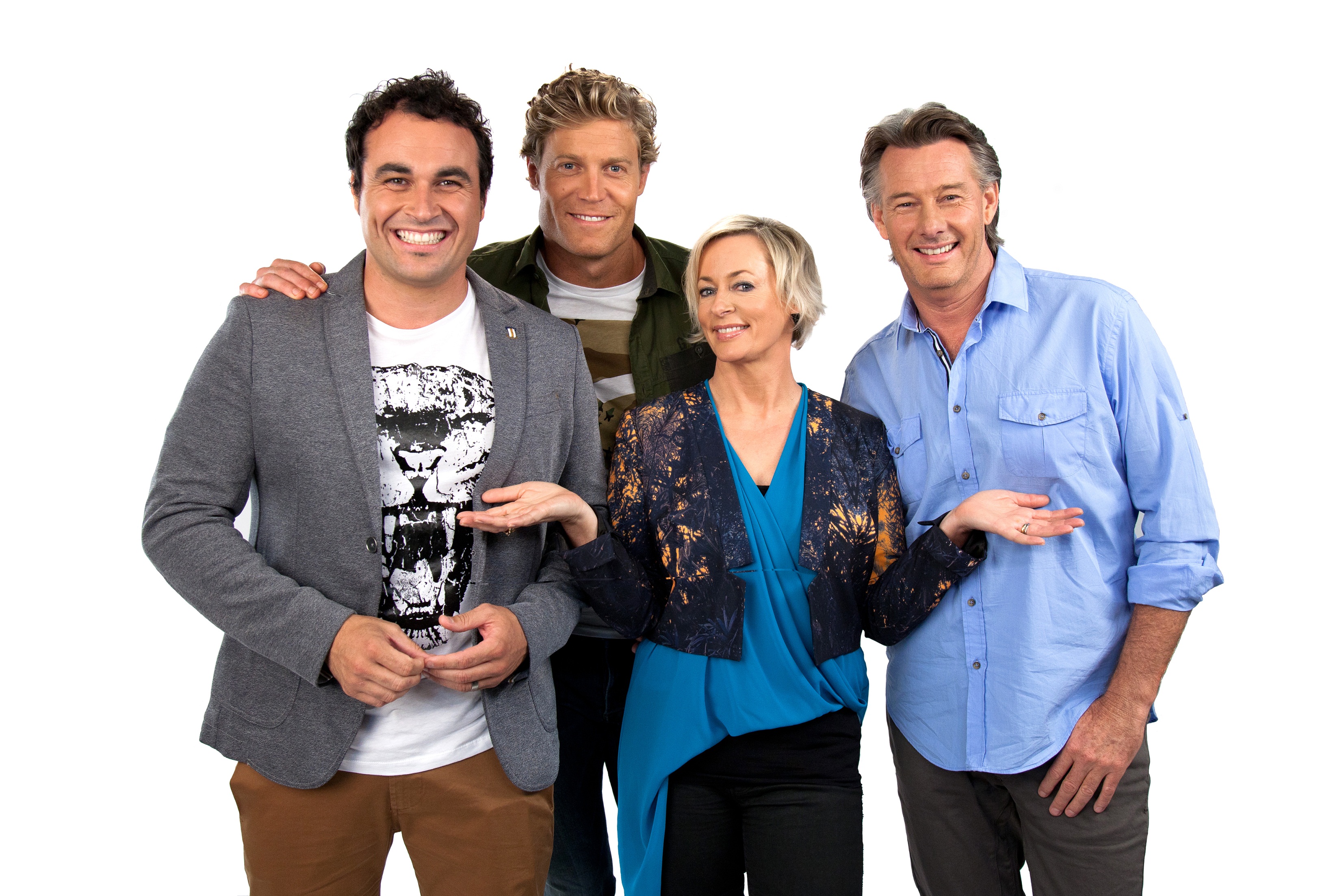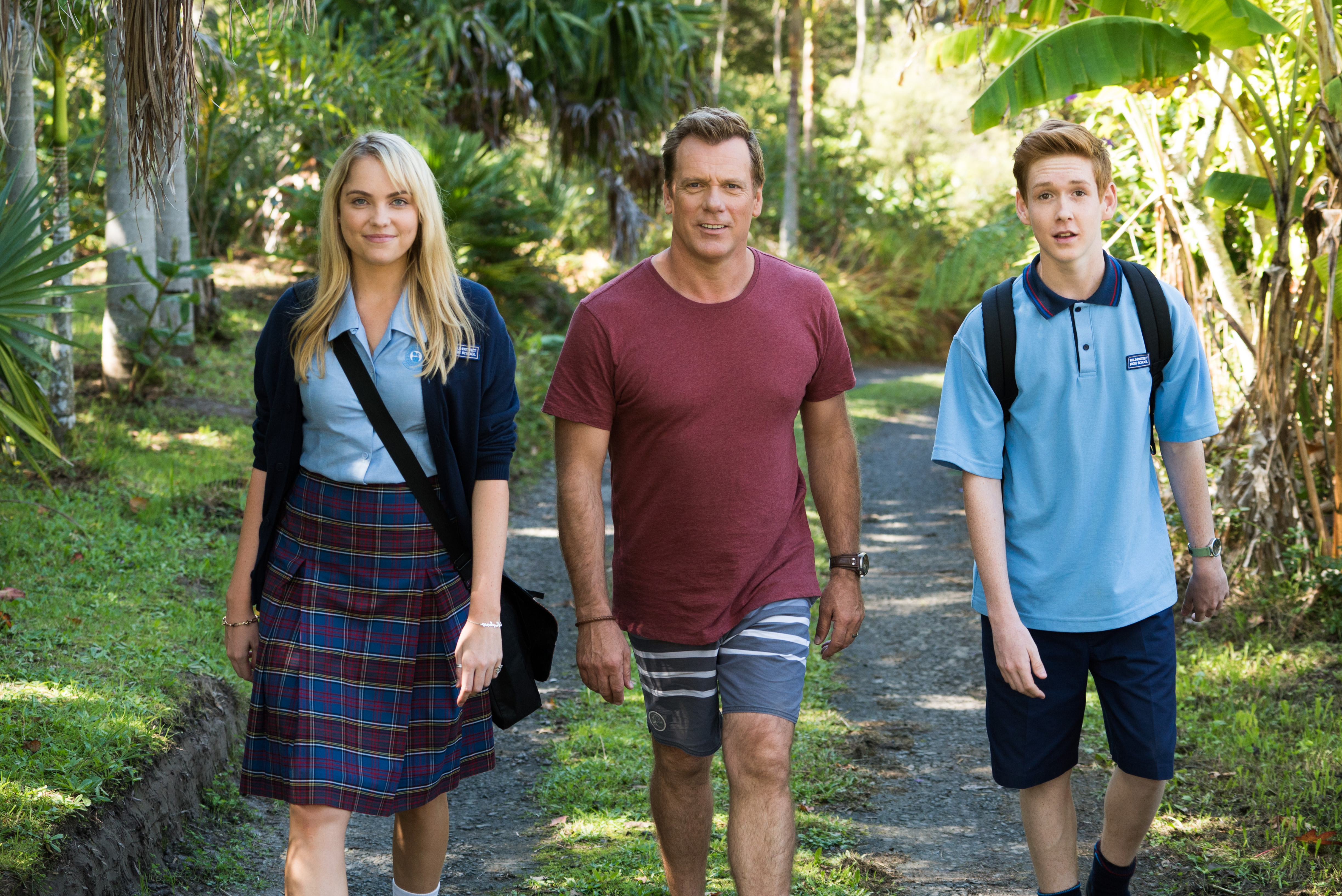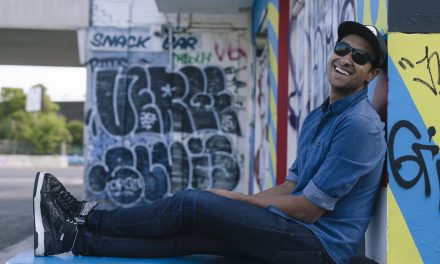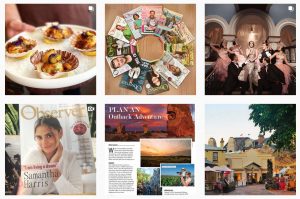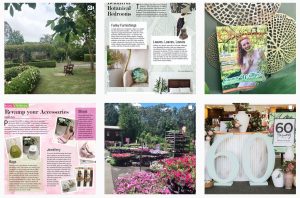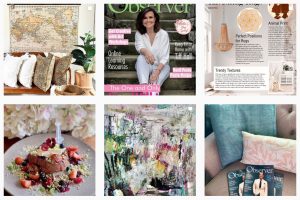Students in Jane Caro’s university class should think twice before letting the words, ‘I’m not a feminist’, slip from their lips. One young woman was asked to pack up her bags and leave upon saying so.
“Feminists fought for your right to get a university education and you’re saying you’re not a feminist, in which case you shouldn’t be at university because you don’t believe in the right of women to get a university education,” Jane reasoned to the nonplussed student.
The forthright 55-year-old would love more young women to identify as feminists and wear the label with pride.
“It’s not really very sporting to take the benefits and then decry the people who fought for them,” says Jane, sitting comfortably on the couch in her Artarmon home. “If you look at the history of feminism, it’s the most benign liberation movement the-”, but Jane doesn’t get to finish that sentence.
The phone rings and she must talk briefly on a radio show, as she does at 10:35 every Wednesday morning.
Jane is sharing her opinion on today’s topic of children screaming in public- “Children are human beings and they should be allowed to go where the rest of us go”- when her mobile phone starts to ring in the room next door. Jane is in high demand.
The advertising executive turned author, speaker and social commentator later admits that feeling overwhelmed by her busy lifestyle is just something she’s had to get used to. “I woke up in the middle of the night last night and thought, ‘How the hell am I going to do everything I have to do?’” she says. “But I just keep going and do it the best I can.”
At the end of her phone call, Jane has no trouble in remembering where she left off, reiterating that feminism is the most benign liberation movement the world has ever seen. “It’s never raised an army, it’s never killed anybody, it’s never fought a war,” she says vehemently.
“But it has fought for the liberation of rights for half the human race. No man ever woke up in the morning and went, ‘Oh my God. I’ve been so unfair. Quick, let’s give women half of everything we’ve got.’”
Despite the success Jane has experienced in her professional career- publishing four books, appearing regularly on shows such as Sunrise, Mornings, Q&A and The Project, writing for a number of newspapers, and lecturing in advertising at the University of Western Sydney- she says she has been pressed against the glass ceiling her entire life.
“Men, and a lot of women too, just can’t see us in a leadership position,” she says. “Our image of leaders is still a tall, fearsome-looking warrior who can lead us into battle.”
Jane believes feminism is far from over, and that it has been brought roaring back onto the agenda by social media- a topic which she will discuss at Willoughby Council’s International Women’s Day Breakfast this month.
“One of the things that social media has done, Twitter more so than Facebook, is give women unmediated access to the public conversation for the first time in history,” she says, alluding to how J.K. Rowling didn’t put Harry Potter out as Joanna Rowling because female writers aren’t taken as seriously as men.
On the internet, however, everyone is equal. “If something happens during the day which infuriates them or amuses them or shocks them, women can just tweet it,” says Jane, giving the example of how #everydaysexism- where women share all the horrific things men do to them- has made them realise that they’re not alone and that really, it’s the men with the problem, not them.
“It’s making women feel better about being women,” says Jane. “I think for thousands of years we have been trained subliminally to be ashamed about being female.”
This shame experienced by many females is one of the three things that Jane would change about the world if she could; that, along with the world’s lax attitude to climate change and the way we educate our poorest and most disadvantaged children.
“If we limit the educational opportunities of some, we limit everything,” says Jane, who is a staunch public education advocate. She says she received “an excellent education” at public schools, as did her two daughters. “If you lined them up along a wall with all their friends who got sent away to much more expensive schools, you would not be able to pick the difference.”
Jane is clearly not afraid to express her opinion, and rarely gets nervous when speaking before an audience. “When you come to the understanding of how genuinely unimportant you and your opinions are, there’s no point in being nervous,” she says. “Fear comes out of ego; confidence, really strangely, comes out of humility.
“I just say what I think, and you can agree or disagree with me as you see fit. I try not to talk about things I don’t know a lot about and I try not to quote figures a lot because I’m a bit dyslexic with numbers and get them wrong,” she says, smiling. “But even if I do get them wrong, so what? I’m not that important.”
By Miranda Middleton

